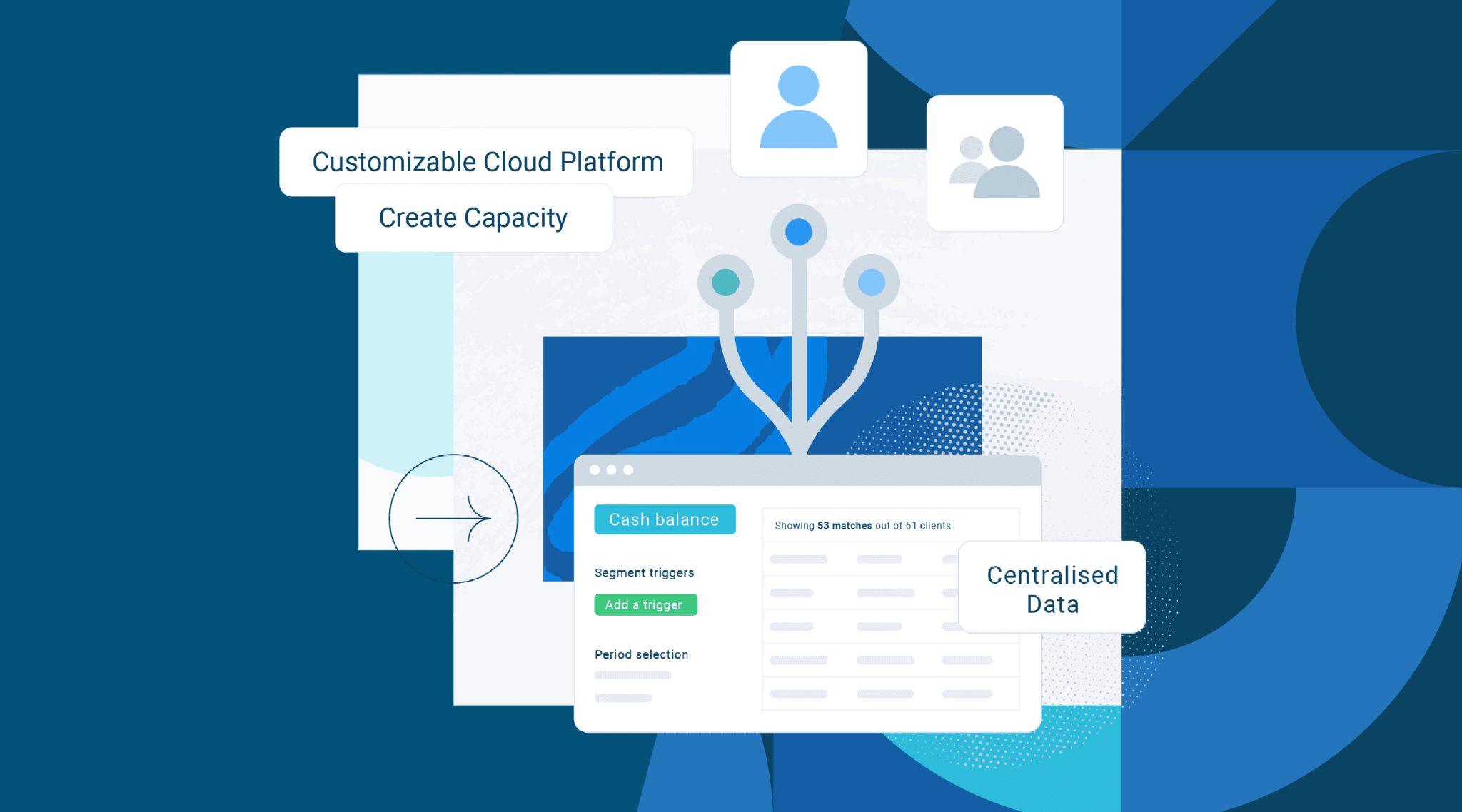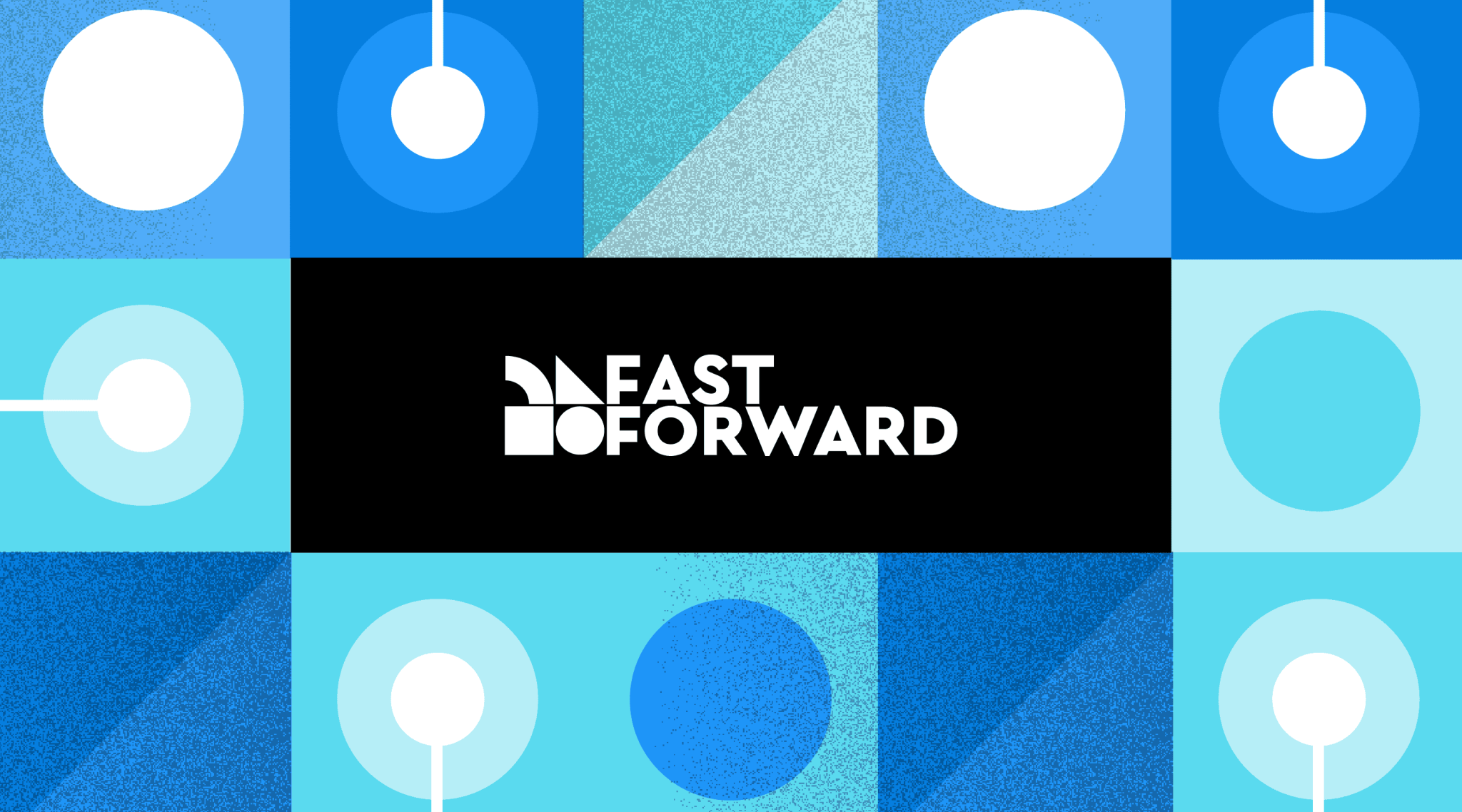It’s hard to believe but it wasn’t that long ago that there was still a raging debate around cloud accounting. “Should you put your small business accounts in the cloud?”, asked a Guardian headline in 2014.
If that Guardian headline is the question, then 2016 was the year the market definitively answered: “yes”. Now, the question isn’t whether we ‘should’ use cloud or not. It is: What’s going to happen now that cloud is increasingly the new normal? The cloud services company BCSG recently estimated that 8 out 10 British small businesses now complete some aspect of finance management in the cloud. With new applications constantly coming to market, each improving on cloud’s promise, this will shift from ‘some aspect of financial management’ to ‘all’.
Why? Because cloud accounting became:
- More cost effective than locally installed software packages.
- Provide greater ease of use.
- Can be used across multiple devices, offering the ability to be productive from anywhere.
- Now offer robust, dependable data security.
Combine these benefits with almost universal access to high speed internet and it’s not hard to see why cloud accounting finally blossomed as a commercial trend in 2016. So it’s worth taking the time to understand how to fit it into your practice. Here’s the key question:
If cloud accounting is the answer, what is the question?
Do you as an industry expert make an informed decision to choose the cloud as your accounting platform going forward based on industry trends and future proofing your firm? Or do you choose the cloud to help you become established as an industry expert in the first place? Chicken or egg, which comes first in your thought process? The famous research psychologist Gary Klein made a career out of studying how experts make decisions. For Klein, it was important that experts should never totally trust their gut. Instead, they should “take their gut as an important data point”. But then, he told McKinsey Quarterly in 2010,“you have to consciously and deliberately evaluate it, to see if it makes sense in this context. You need strategies that help rule things out”.
Accountants, as experts, have the ability to move far beyond just intuition. Of course, professional insight is vital – but it’s not the only pillar of connected accounting. The move to the cloud isn’t just another client fad to deal with, it’s the biggest, most potentially lucrative opportunity you’ve had in years.
Picture it: cloud accounting creates an automated, real-time supply of financial data from your clients.
When you plug into it, you move into the realm of expertise that Klein envisions. With cloud accounting, your intuition and professional experience become data points among many others. And that’s great news. All of that information can breed a level of insight that has never existed in accounting, not even a year or two ago
So what’s the next step?
All of that information creates a commercial hinterland just waiting to be explored. No more begging tardy clients for their papers, no more unkempt records. If you empower yourself with seamless access to that data, you are free to become a trusted advisor. The challenge is that the cloud market is much more diverse and dynamic market than the old accounting software world. It’s not just dominated by a few legacy systems. There are many offerings, allowing clients to indulge in a wider array of offerings. That’s why you, the accountant, will need to be more flexible than ever. It’s crucial that any software you use integrates seamlessly with your clients’ diverse offerings so you can connect to your client.
Otherwise, the promise of cloud accounting for accountants won’t live up to its potential.






